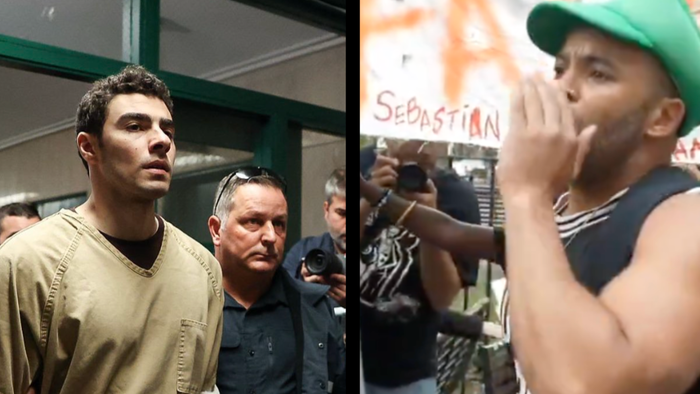A New York state judge recently dismissed terrorism charges against Luigi Mangione in the state’s case regarding the late 2024 killing of UnitedHealthcare CEO Brian Thompson. However, second-degree murder charges were retained. Judge Gregory Carro ruled that while Mangione’s actions were ideologically motivated, New York law necessitates proof of intent to intimidate or coerce a civilian population for terrorism charges, which the prosecutors did not provide.
Carro stated that prosecutors presented “legally sufficient evidence of all other counts, including Murder in the Second Degree.” Mangione has pleaded not guilty to the remaining charges. This ruling means that the 27-year-old will not face the possibility of life in prison without parole.
It was the first time in five months that Mangione, a 27-year-old Ivy League graduate from Baltimore, Maryland, returned to a Manhattan courtroom. Prosecutors mentioned in a recent filing that Mangione’s intentions were evident from his actions, and his writings made those intentions explicit. The writings indicated that the murder of Brian Thompson was intended to bring about revolutionary change to the healthcare industry.
Law enforcement found words like “delay,” “deny,” and “depose” etched into the bullet casings, mirroring a phrase commonly used to describe how major insurance companies avoid paying claims. Mangione has been in custody at a Brooklyn jail since his arrest, shortly after the December 4 killing of Thompson.
Mangione has garnered a following within the Democratic Party, which has raised concerns among conservative activists like Charlie Kirk about normalizing and spreading “assassination culture.” Kirk was assassinated recently by an individual who also etched revolutionary terminology into bullet casings.
The radicalization timeline of Mangione, including any potential influence from the Baltimore-based Gilman School or the University of Pennsylvania, should be examined.

